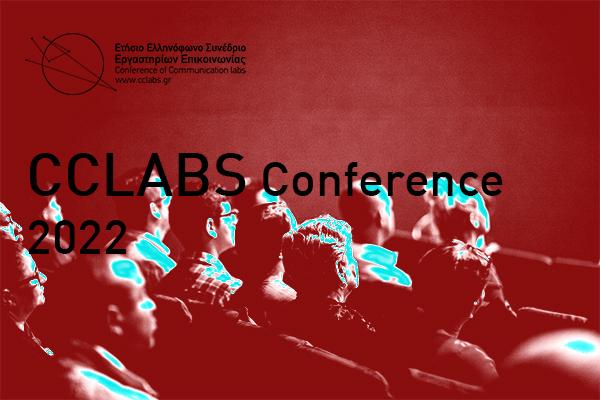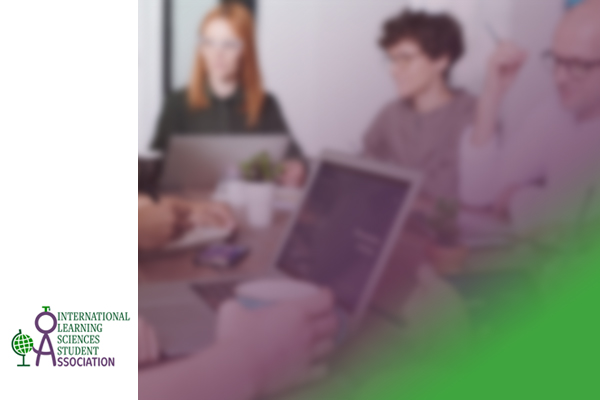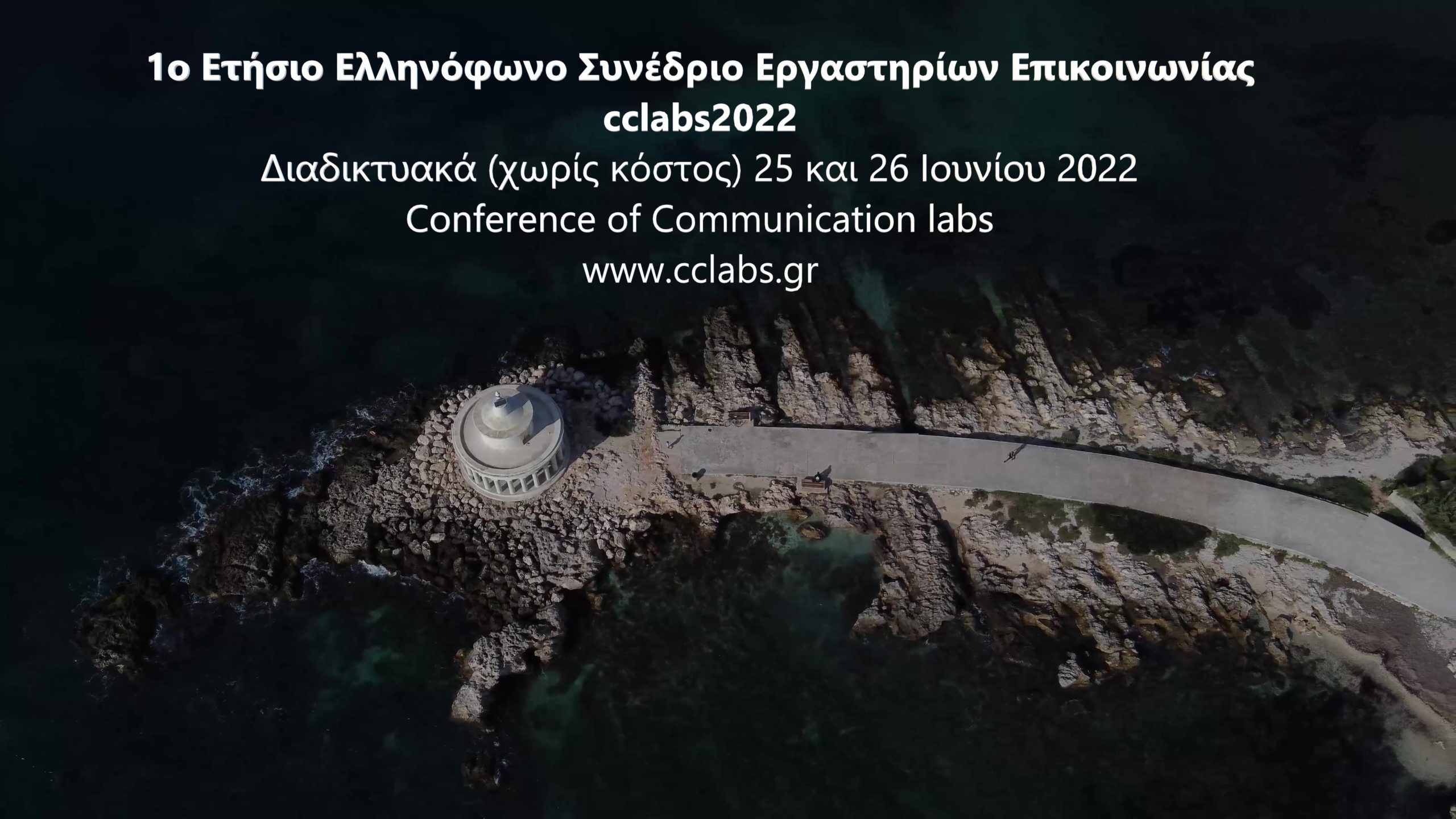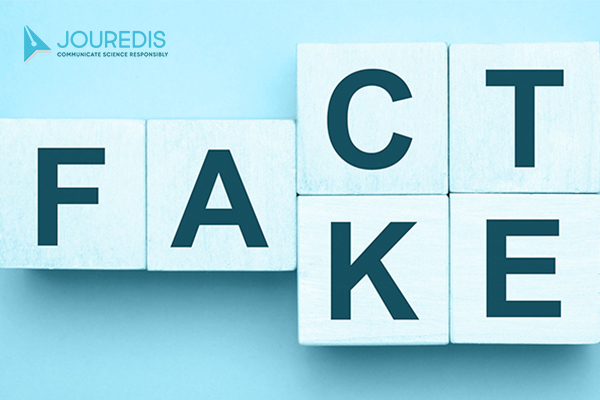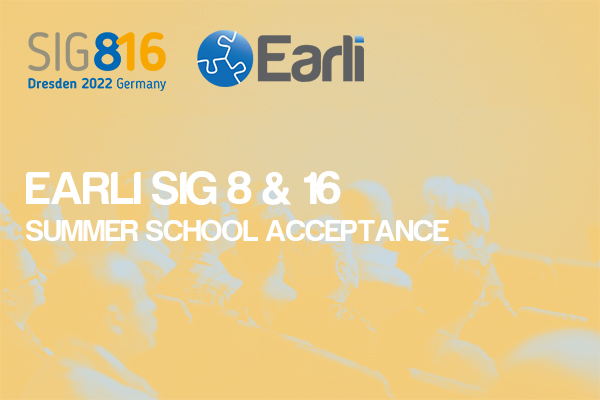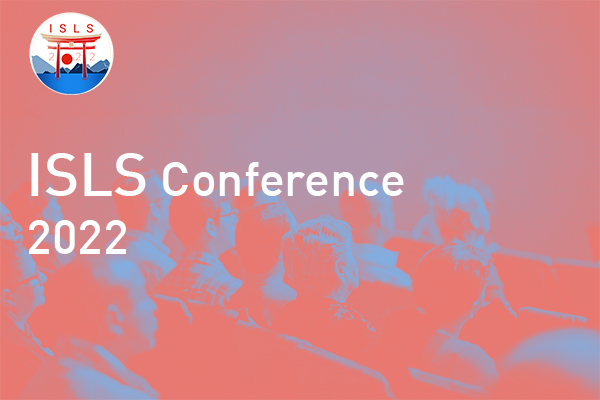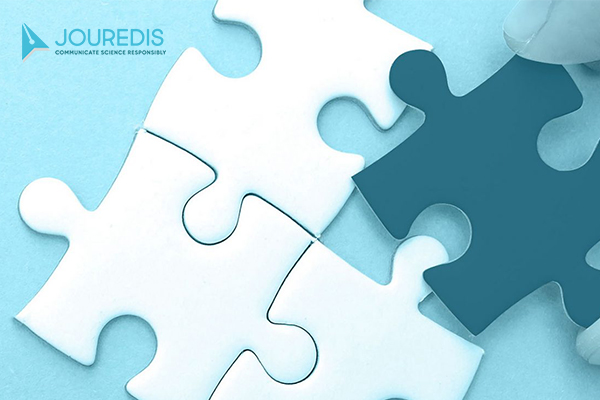The MCL Research Group (Cyprus University of Technology) accepts applications for one (1) post at Doctoral level (PhD) that will begin September 2022.
Deadline is Monday, 2nd of May 2022. For applications, click here.
For more information, click here.
One (1) post in the following topic: “Digital competencies for promoting the self-regulation of learning and teaching in distance or hybrid learning settings”.
Description: The COVID-19 pandemic highlighted the role of digital education in modern times and emphasized the importance of digital competencies for educators and students of all levels. The need to change traditional learning and teaching models is now more evident than ever; at the same time, it is evident that there is a need to explore the elements that can contribute to upgrading the quality of online learning and teaching. The aim of this dissertation is to explore the digital competencies and skills that can contribute to collaboration and the self-regulation of learning and teaching, in the context of technology-supported hybrid learning environments. A potential area of inquiry may, for example, be the kinds of support that teachers (at the higher, secondary, or primary school level) need to identify and support the needs of students in distance or hybrid learning settings. The exact topic will be determined in collaboration with the student. Fields of application can be university courses, MOOCs, gamified learning environments, or a combination thereof.
Required Qualifications: Applicants must hold an undergraduate degree from an accredited university on a topic that is relevant to the advertised area (e.g., Education or Psychology or ICT), and a Master’s degree in a subject which complements the knowledge and skills acquired during the basic studies in any one of the above three areas (e.g., educational technology). Applicants should demonstrate strong academic and methodological background, as evidenced by their CV and university transcripts, and a very good knowledge of spoken and written English. The applicants are requested to submit: (a) A cover page briefly explaining their interest in the position, (b) their CV in English or Greek, (c) a preliminary research proposal in relation to the description of the position, in English and Greek (up to 2 pages), (d) two letters of recommendation, preferably from university professors.
Funding: For the above position there is the intention by the Department to involve PhD candidates, contingent on their background, as teaching assistants, or offer them employment in research programs for partial coverage of tuition fees.
Research Advisor: Eleni A. Kyza, Associate Professor


